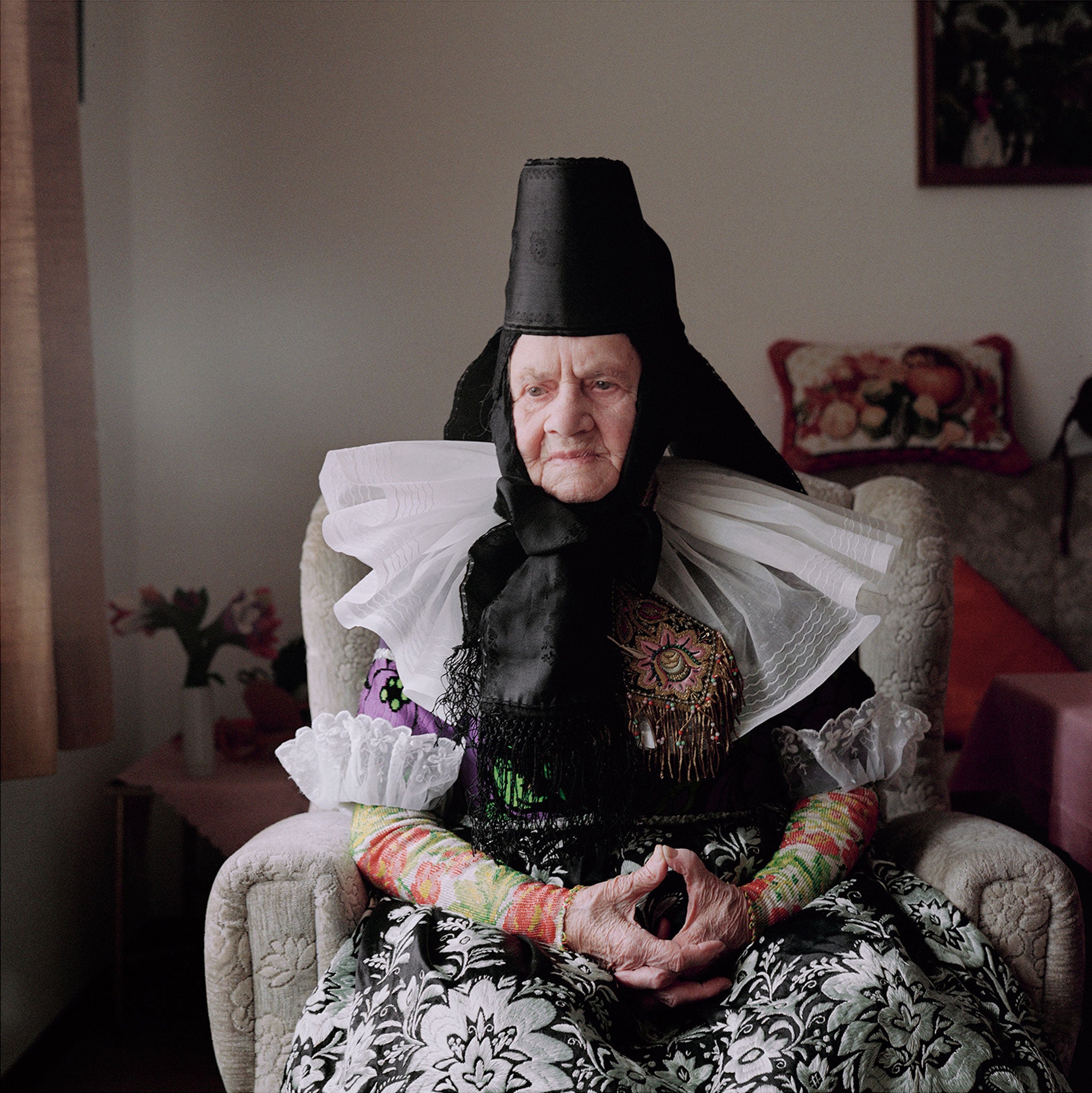Eric Schuett's portraits of villagers in peasant dress transport the viewer to another century
At the turn of the 20th century, many women still wore the dress, but by the 1950s, they'd become outsiders, often laughed at

Your support helps us to tell the story
From reproductive rights to climate change to Big Tech, The Independent is on the ground when the story is developing. Whether it's investigating the financials of Elon Musk's pro-Trump PAC or producing our latest documentary, 'The A Word', which shines a light on the American women fighting for reproductive rights, we know how important it is to parse out the facts from the messaging.
At such a critical moment in US history, we need reporters on the ground. Your donation allows us to keep sending journalists to speak to both sides of the story.
The Independent is trusted by Americans across the entire political spectrum. And unlike many other quality news outlets, we choose not to lock Americans out of our reporting and analysis with paywalls. We believe quality journalism should be available to everyone, paid for by those who can afford it.
Your support makes all the difference.It is fair to say that Eric Schuett has always had his head in the past. As a child, the German photographer would ask his grandfather endless questions about the Second World War, and at university he took history and history of art. He began to study photography in Berlin in 2004 and while he enjoyed taking portraits of people, he wanted to offer something more unique.
He had been working in a museum on a project about the former rural life of a small village in the Black Forest, and began photographing people with old-fashioned jobs such as shoemakers and blacksmiths.
Then, in 2008, he met a woman from the area in her nineties, who'd worn traditional peasant dress her whole life. "I felt as if I'd been thrown into another century by a time machine," the 48-year-old says. He met more and more of these women – all in their eighties or nineties, most widowed.
"In former times, traditional peasant garbs were very common in some rural parts of Germany. Different kinds of dresses served as clothing for everyday use as well as special occasions. From the colour and cut you could conclude whether a woman was married, how old she was and how wealthy she was."
At the turn of the 20th century, many women still wore the dress, but by the 1950s, they'd become outsiders, often laughed at.
"I am not sure I feel nostalgic; I just respect these women and their kind of living," says Schuett. "We are losing diversity around the world. People dress the same, watch the same TV shows, play with the same smartphones. I think it's necessary to document and portray what will be lost."
For more: ericschuett-photographie.de
Join our commenting forum
Join thought-provoking conversations, follow other Independent readers and see their replies
Comments